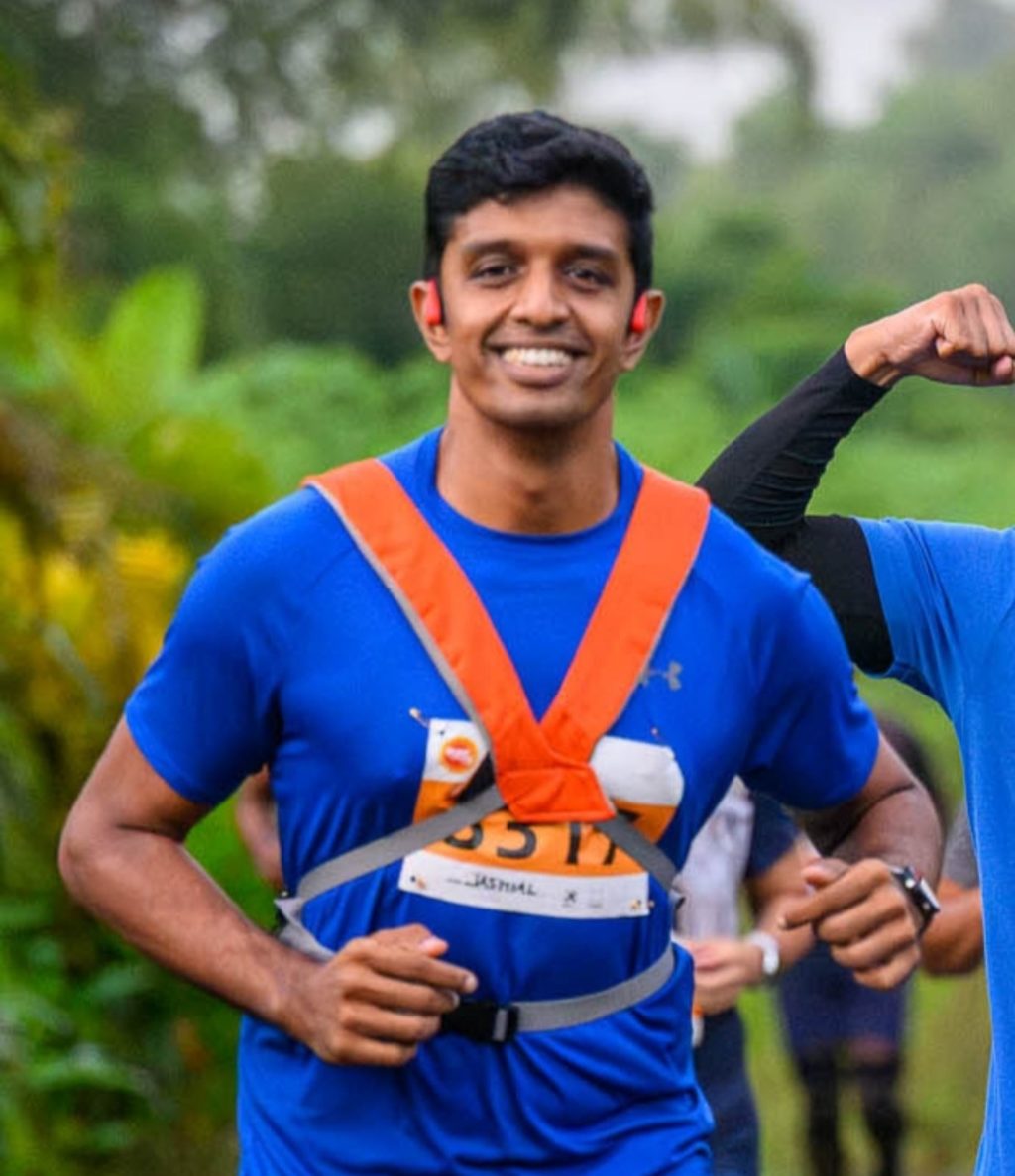WHEN Jasmial Nand talks about running, he does so with the passion of someone who knows it can change lives and save them.
The 36-year-old doctor, who has been practising medicine for nine years, is training for this year’s Suva Marathon and hopes his story will inspire others to join.
The race will be held on Saturday, September 6, starting 6am at Albert Park.
Nand first laced up his shoes in high school, running early in the mornings to stay fit.
But like many, he stopped over time.
It wasn’t until four years ago, here in Suva, that he started again.
“I haven’t looked back since,” he said.
What began as a simple goal to finish his first 10kilometres run, soon became a regular part of his life.
He joined Suva Marathon Club (SMC) events and met other runners who encouraged him along the way.
“I wanted to be like the other runners I would meet during SMC events,” he said.
His most memorable race? Not the longest or the fastest, but the 2024 Team 10km run in Namosi, in heavy rain, alongside his squash-playing friends.
“It made for a memorable experience and something to look back proudly on,” he said.
For Nand, running is not just about fitness, it has shaped his discipline, his role as a father and his work as a doctor.
“As a dad, I can see my five-year-old talking about exercise and trying to do a push-up with me,” he said.
“As a student, I can keep pushing through even when there are days you feel like giving up. And as a doctor, it’s easy to talk to patients about healthy living when I do it myself.”
He has seen running’s health benefits firsthand.
“There is almost no disease that exercise does not benefit,” he said.
Running, he explained, can lower blood pressure, help control blood sugar, reduce the risk of heart disease and even lower cancer risks.
“A large study of 55,000 adults showed running for as little as 10 minutes a day can reduce death from any cause,” he said.
With Fiji facing a crisis of non-communicable diseases (NCDs) such as diabetes, high blood pressure and obesity, Nand believes the answer could be as simple as a pair of running shoes.
For those afraid to begin, his advice is simple.
“Would you rather start now, or after a stroke?” he asked.
He wants new runners to know they won’t be judged.
“No one is going to care about how you look, how fast you run, or what shoes you wear,” he said.
“Every person I know who exercises regularly is happy to see someone trying.”
His guarantee? “Those fears will disappear the day you slow jog your first 100metres without stopping.”
As a specialist physician in training, Nand’s schedule is demanding.
But running keeps him balanced.
“When I skip running for more than two days, I get grumpy and stressed,” he said.
“Your body becomes dependent on the feel-good chemicals from exercise, and that keeps me going.”
His key training advice to runners is to always warm up, hydrate well and know your limits if you have a medical condition.
On hot Suva days, he recommends water, bananas and oral rehydration salts (ORS).
For race day, he prefers carb and protein loading the night before, with oats, banana and coffee in the morning.
He carries ORS and light sugars during the run.
Most importantly, he says, “I want to be better than I was yesterday. And as my dad taught us, if something is worth doing, it’s worth doing well.”
Nand hopes to see more people, especially beginners to take part in this year’s Suva Marathon.
“Please join and bring some friends,” he said.
“It will change your life.”
The Suva Marathon marks its 10th anniversary this year and will feature a full marathon, half marathon, 10km and team relay.
The event is expected to attract more than 1000 runners from Fiji and overseas.
For Nand, it’s not just another race.
It’s a chance to show that running is more than sport, it’s medicine for the mind and body.
“Pick up some running shoes,” he said.
“Just move.”

